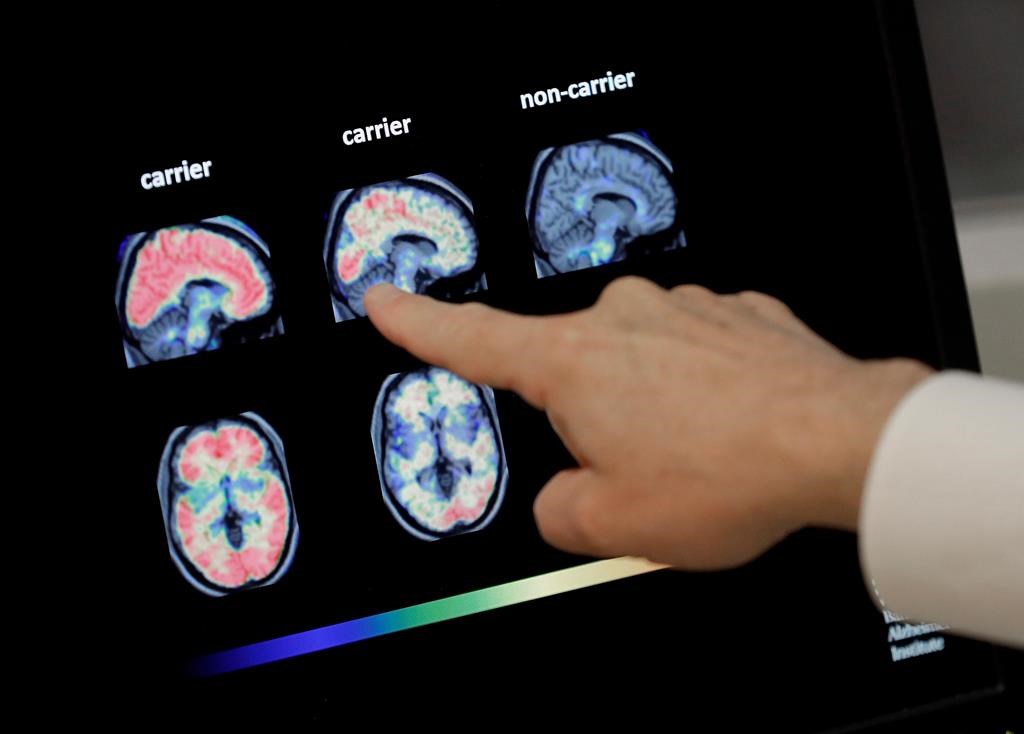A Chinese teenager may be the youngest person ever to be diagnosed with Alzheimer’s disease, according to a January study from the Journal of Alzheimer’s Disease.

Researchers from Capital Medical University’s Xuanwu Hospital in Beijing diagnosed a 19-year-old man with the brain disorder after he showed “gradual memory decline for 2 years,” leaving him unable to complete high school.
Alzheimer’s is the most common form of dementia and affects memory, thinking and behaviour. The degenerative disease primarily affects older adults, making this case truly exceptional.
“This case brings attention to the heterogeneous nature of dementia that can involve people at any age,” said George Perry, notable neuroscientist and editor-in-chief of the journal. “Significantly, this finding may separate Alzheimer’s disease from the complexity of aging and open the field to new concepts to promote innovation.” Perry was not involved in the study.
The authors of the paper noted that the 19-year-old had significant memory impairment and hippocampal atrophy, an early marker of the disease. After ruling out other potential causes for the young man’s symptoms, he was diagnosed with probable Alzheimer’s.
The patient’s symptoms began when he was around 17, two years before he was evaluated at Xuanwu Hospital. What began as difficulties concentrating in class quickly worsened a year later to short-term memory loss, according to the study.
The teen would frequently lose his belongings, would forget the events of the previous day and had trouble reading, and even his reactions were delayed. As his memory declined, he would forget whether he had eaten or not. Eventually, he had to withdraw from high school.
Researchers administered the widely used World Health Organization-University of California Los Angeles Auditory Verbal Learning Test and found the young patient had significantly impaired memory.
“This is the youngest case ever reported to meet the diagnostic criteria for probable (Alzheimer’s disease) without recognized genetic mutations,” the authors said, noting that all other patients known to have been diagnosed with Alzheimer’s under 30 had some genetic mutation with links to the disease.
Before the case of the 19-year-old came to light, the youngest person to have been diagnosed with Alzheimer’s was a 21-year-old who had a gene mutation.
Young-onset dementia, as it’s referred to by the Alzheimer’s Society of Canada, accounts for an estimated two to eight per cent of all dementia cases. About 28,000 Canadians under the age of 65 are living with young-onset dementia.
According to the Mayo Clinic, one of three genes (APP, PSEN1 or PSEN2) can potentially be passed on from a family member and may carry increased risks of developing Alzheimer’s.
The three genes are present in less than one per cent of all people with Alzheimer’s, but around 11 per cent of all young-onset dementia cases.
Age remains the biggest risk factor for Alzheimer’s, but this study aims to encourage further attention to young-onset dementia.
“Exploring the mysteries of young people with Alzheimer’s disease may become one of the most challenging scientific questions of the future,” the researchers said.






Comments